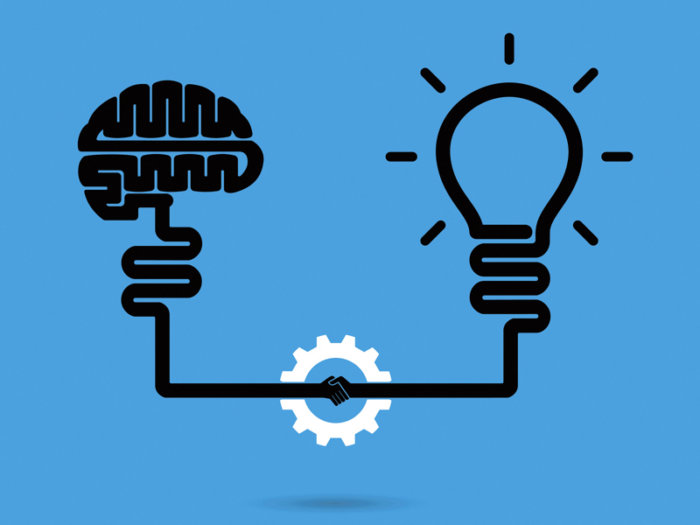
When talking about open data, we usually think about its outside effects and transparency. Opening up data makes the processes and decisions of organizations more transparent to the outside world. Yet we should not forget the many different impacts open data can have. In a recent article in Government Information Quarterly with Ines Mergel and Jens Sörvik, we explore the many ways open data has triggered innovations in products and processes across different US cities. The general typology we developed can also serve to understand open data more broadly.
Let us take a simple example. If a city government decides to publish its administrative data online, it has to first collect and systemize all the data it possesses. Doing this already requires talking to various units within the city government and agreeing on how to do it; by developing coordination mechanisms and standard operating procedures for maintaining and updating the dataset. Just knowing what kind of data already exists within a large organization can trigger important process innovations for the employees. When citizens request information or a new urban program needs background analysis, data is readily available in short time.
Similarly, people outside an organization can use open data to build new commercial products or extend existing ones. One widespread example is transport data for navigation apps. Or public restaurant inspection data on recommendation platforms. The European Data Portal estimated the total market value of open data in the European Union at around 200 billion Euro for 2016. For tapping the full potential, however, it is important to focus on the most relevant data for citizens and consumers.

Yelp restaurant finder includes city health inspection score
But open data is not only a challenge for governments. Universities and research institutes amass huge amounts of data in almost all academic disciplines. Sharing this data does not only allow other researchers to validate already published findings. It also creates plenty of opportunities for new analyses and scientific breakthroughs. When updated regularly scientific data can provide important inputs for commercial venues. For instance, companies doing big data analysis of health records can yield critical insights into recovery processes. Or they can train Artificial Intelligence algorithms to identify cancer on medical images. While analytical capabilities are growing exponentially, ethical and privacy issues deserve ever closer scrutiny.
What does all this mean for a transition economy like Serbia? In some instances countries with less consolidated political and socio-economic systems are able to leapfrog. They can skip one development stage that other countries had to go through and directly move to a technologically superior solution. But one should not forget that open data, and innovations more broadly, are not all about tech. Many innovative ideas are technologically feasible. Fewer ideas are commercially viable. And even less ideas are socially accepted. Critical thinker and scholar Chris Freeman wrote this more than fifty years ago when discussing Japan’s technological development. This reminds us that cultural change is at least as important as technological change. Leaders from government, academia, civil society and business must embrace the ideas behind open data. Otherwise few of the many possible innovations will materialize in Serbia.
Dr. Alexander Kleibrink has worked for six
years with the European Commission on making innovation policies work for very
different places. He is currently working in international development with a
focus on good governance and local economic development. Alexander holds
degrees from the London School of Economics and Political Science and Free
University Berlin.

